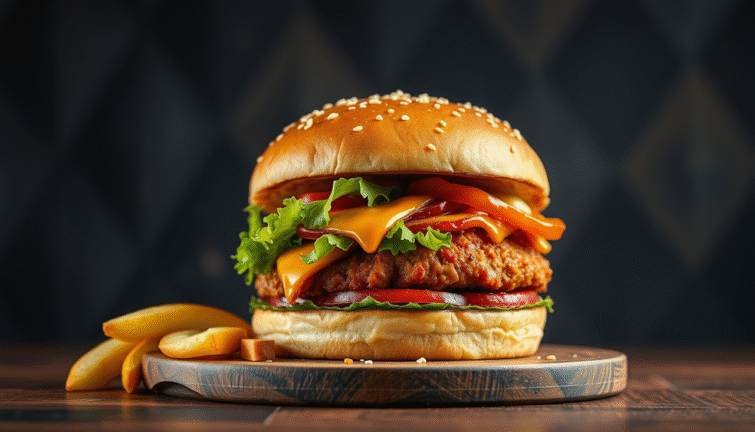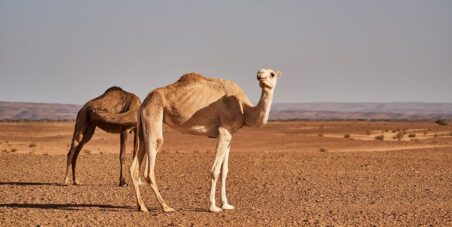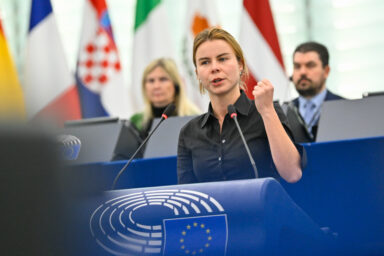When is a machine not a machine? That standout line from the recent Alien Earth TV series, set in a dystopian future, hits close to home. Back on Earth—and very much in the present—a more immediate question is emerging: When is a burger not a burger?
After a successful vote in the European Parliament on Wednesday, 8 October, consumers may be one step closer to an official answer: when it’s made from plants. If the amendment becomes law, vegetarian and vegan products may soon have to be called something else entirely—not veggie burgers, not plant-based sausages, not vegan steaks. The proposal, reserving meaty names for meat only, was supported by 355 MEPs on Wednesday with 247 against. It has been a longstanding demand from farmers and farm unions, who argue their products and livelihoods need protection. And proper labelling.
Consumers, they argue, should not be confused, accidentally dropping lentil kebabs or plant-based beef into the shopping cart when what they really only wanted was the real thing. A few days earlier, even German Chancellor Friedrich Merz weighed in on the issue on ARD TV: “Eine Wurst ist eine Wurst. Wurst ist nicht vegan,” he said. “A sausage is a sausage.”
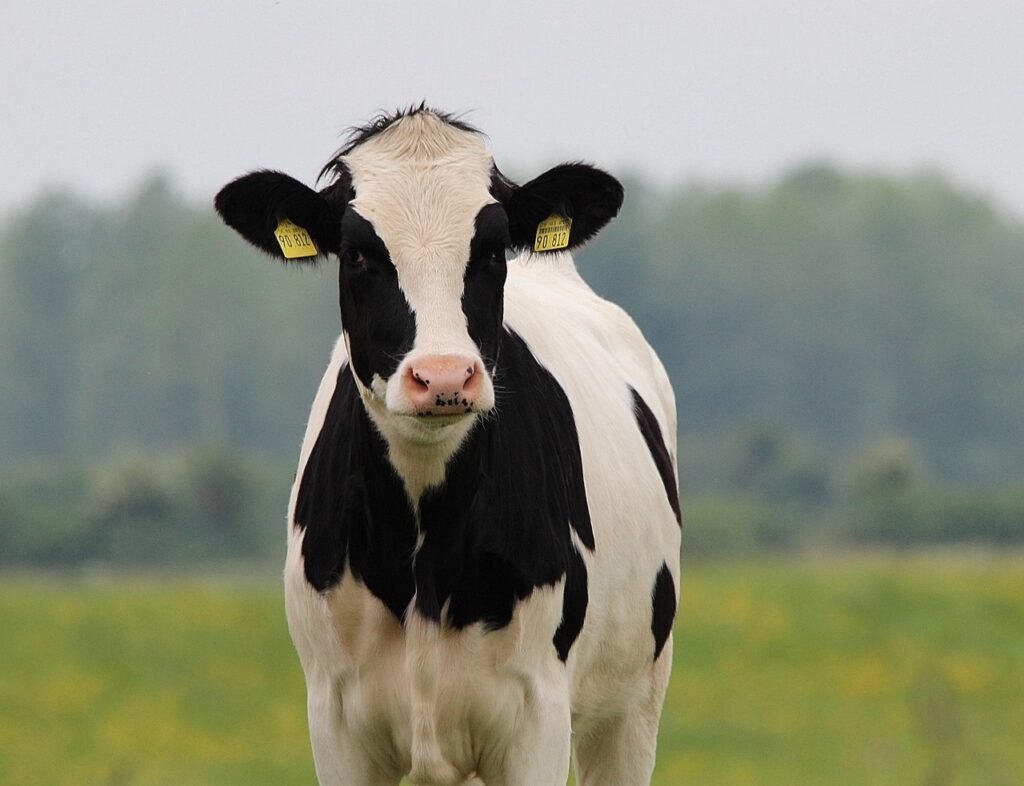
Looks like meat’s back on the menu!
One can imagine the internet memes breaking out on both sides of the argument already, with Middle Earth orcs cheering about meat being back in rotation. The fault lines over plant-based meat alternatives (PBMAs) or meat substitutes have long been drawn, but until now initiatives to curb meat-sounding labels failed to get much traction. A similar bill was rejected by the previous Parliament in 2020. While moving forward, it is not clear the proposal will pass even now, as it would need approval by all 27 member states.
A sausage is a sausage. A sausage is not vegan. – Friedrich Merz, Chancellor of Germany
Still, for the moment, the result of Wednesday’s vote is a clear win for farmers’ groups, who have argued that similar bans already apply to dairy and terms like yoghurt or milk. MEP Céline Imart, a lead proponent of the amendment—part of broader legislation titled Strengthening of the Position of Farmers in the Food Supply Chain—celebrated on X:
“Great victory for farmers at the European Parliament! A sausage is meat produced by our breeders. Period. The recognition of their work and transparency towards consumers have won support.”
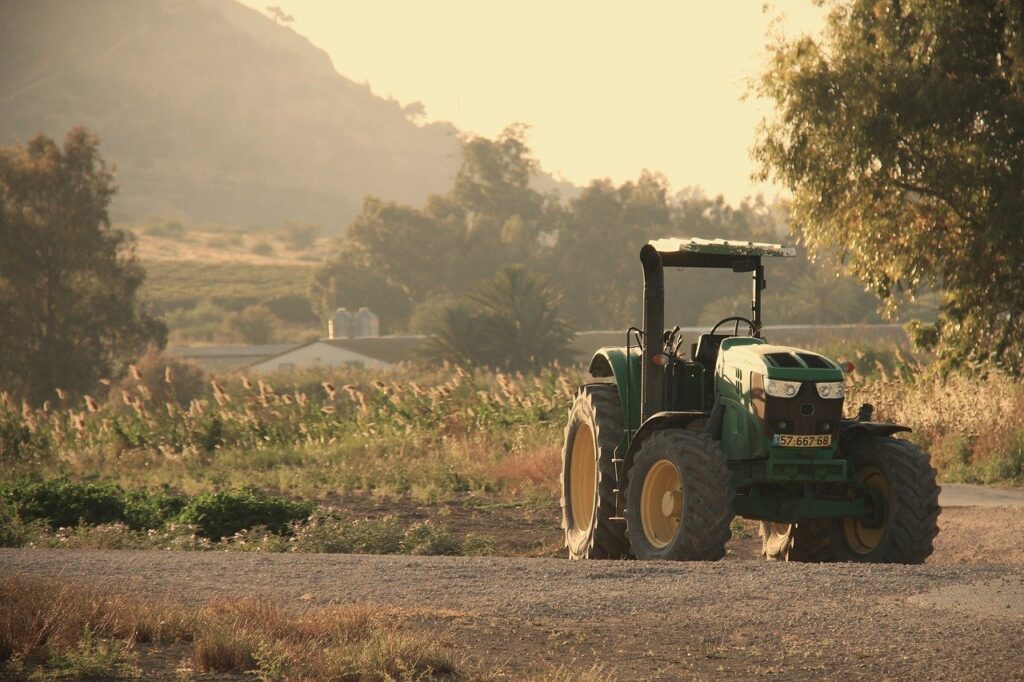
Don’t have a cow, man!
But is it really about recognition and transparency? Is anyone in this media-savvy age truly being fooled? Consumer groups and opponents gave shoppers a little cognitive credit in recognising the difference, noting no one would mistake cat tongues or monkey bread, for well, cat tongues or monkey. What they do all have in common is that they sound more like they belong in Hogwarts than on the Parliament floor in Strasbourg.
Some lawmakers also fired back, among them Green MEP Thomas Waitz (AUT): “Veggie burgers, seitan schnitzel and tofu sausage do not confuse consumers, only rightwing politicians,” he charged.
You might be interested
Li Andersson (Left/FIN) posted similar opposition on Instagram, writing that it was: “A fine day to call a vegan sausage a sausage.” Not quite the impact of the Native American phrase “Today is a good day to die”—with apologies to Chief Crazy Horse—but close enough.
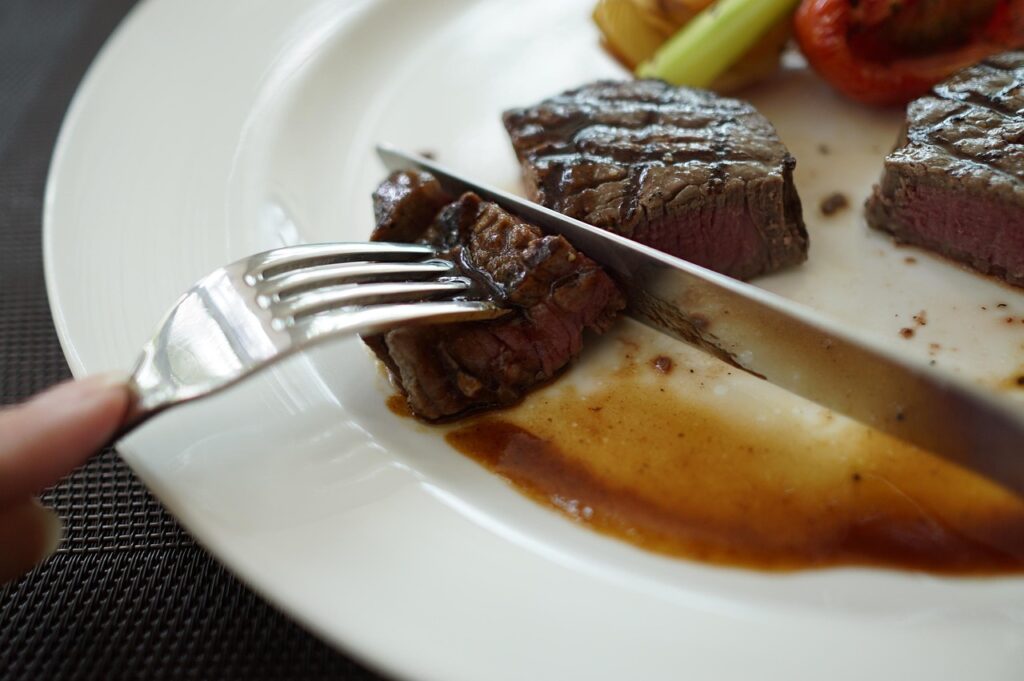
Where’s the beef?
In the end, some see the vote as less about protecting consumers and more about stoking a culture-war flame. A number of MEPs—including Manfred Weber (EPP/DEU)—suggested Parliament faced more important issues than focusing on what to call a slab of tofu posing as a Double Cheeseburger. Most are of course aware that Europe faces far more urgent challenges: housing, security, the war in Ukraine, and climate change among them.
Yet for those backing the measure, the symbolism matters. Food, after all, is identity — and for some, tradition is worth defending right down to the label. Whether this debate is about protecting livelihoods or just slapping warning stickers on chickpea cutlets, one thing is clear: the politics of what’s on your plate aren’t going away anytime soon.
Now that the European Parliament adopted its position the file moves to the trilogue stage.
